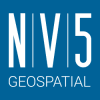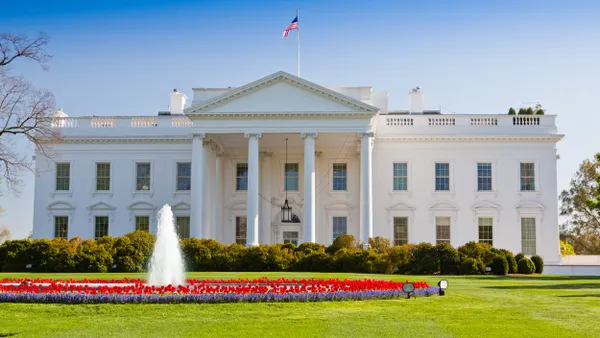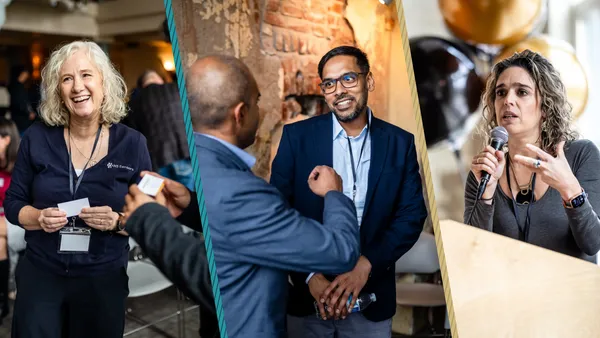UPDATE, June 19, 2019: Bloomberg Philanthropies, the Bill & Melinda Gates Foundation and the Ballmer Group announced the 10 cities that will join their initiative to increase economic mobility.
The cities, selected after a competitive bidding process, are: Albuquerque, NM; Cincinnati; Dayton, OH; Detroit; Lansing, MI; New Orleans; Newark, NJ; Racine, WI; Rochester, NY; and Tulsa, OK.
During the 18-month program, each city will develop and measure an initiative to help improve their residents’ economic mobility. They will also share best practices and experiences to model how future collaboration on the issue could look.
Dive Brief:
- Bloomberg Philanthropies, the Bill & Melinda Gates Foundation and the Ballmer Group will collaborate on a $12 million project to help 10 communities analyze and improve economic mobility, the groups announced.
- The selected U.S. cities will work with advisors from Bloomberg’s What Works Cities to build on data-driven practices that measure barriers to economic progress, then develop, test and share approaches to improving economic mobility.
- Participants will also get access to the Opportunity Atlas, an online resource developed by Harvard University and the U.S. Census Bureau that uses census data to examine economic mobility issues.
Dive Insight:
What Works Cities seeks to use data and engage citizens to solve civic problems. Since launching in 2015, the initiative now has the membership of 100 municipal governments, with a focus on mid-sized cities. The idea is to help cities realize what data opportunities are available and how to harness them, a mission that lends itself well to economic mobility.
"Closing data gaps, and putting resources into the hands of those with deep experience and great ideas to create economic opportunities is critical to reviving the American Dream," said Dr. Sue Desmond-Hellmann, chief executive officer of the Bill & Melinda Gates Foundation, in a statement.
The Opportunity Atlas from Harvard’s Opportunity Insights research institute offers a model for how officials can crunch data to measure barriers to economic mobility. The tool organizes data on results like earnings, income and education, which will allow Bloomberg participants to compare different regions and demographics. The relatively small size of the program will also help ensure that participants get targeted research and solutions, which can then be shared more broadly.
The new program builds on the $42 million that What Works Cities received earlier this year to expand its work in American cities, and will be guided by advisory partners from Results for America, the Behavioral Insights Team, Johns Hopkins University’s Center for Government Excellence, Harvard Kennedy School’s Government Performance Lab and the Sunlight Foundation.














